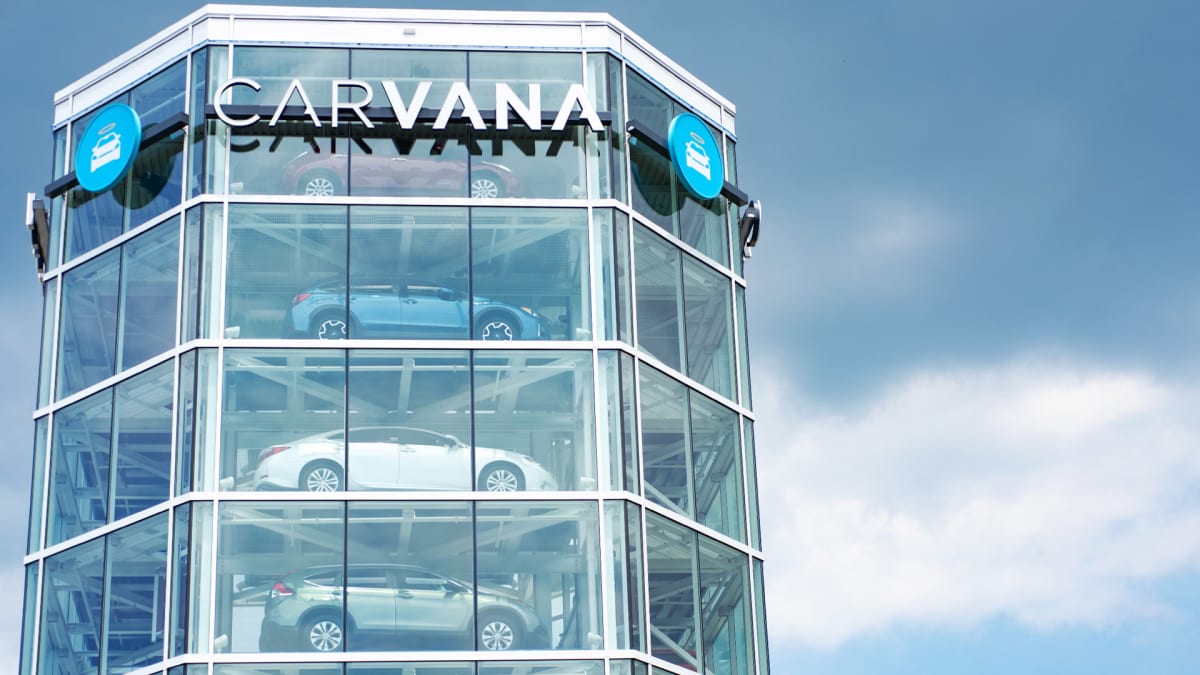
Carvana just got a huge vote of support.
The online seller of used cars for several months has been faced with doubts about its ability to regain the growth it enjoyed during the two years of covid lockdowns.
That period was marked by strong demand for vehicles while the automotive industry was hampered by disruptions in its supply chains.
In the fourth quarter the billionaire George Soros, via his hedge fund Soros Fund Management, acquired call options on Carvana.
These securities give him the right, but not the obligation, to buy 1.5 million Carvana shares at a given price within a period agreed with the seller, according to regulatory filings.
As of Dec. 31, these call options were valued at $7.1 million.
A Potential Gain of $11 Million
During the previous three months, Soros, a prominent donor to the Democratic Party, held no financial instruments linked to the Tempe, Ariz., company. His decision suggests that Soros is betting that Carvana's stock price will go up at least in the short term.
The calculations of the legendary financier seem correct since Carvana's share price has jumped 87% this year. The package of shares forming part of the call options is now valued at a bit more than $19 million. If Soros bought the shares, he's already made more than $11 million in less than two months.
Investors will have to wait till May, however, to find out what decision the billionaire has made. Stock-market regulations require managers of funds with more than $100 million in U.S. equities to file a document, a 13F, within 45 days of the end of a quarter to list their holdings in stocks that trade on U.S. exchanges.
Nothing around Carvana (CVNA) fundamentally changed between last year and this year. The company, known for its giant car-vending machines, publishes its results on Feb. 23 and should at that time provide an update on its financial health and strategy.
In the meantime, the company is benefiting from renewed fervor around speculative values. The main reason for the rally is expectations of a less worrisome macroeconomic scenario for stocks in general.
The Issues Remain
This provides some relief for assets most hurt by a high-interest-rate scenario — especially growth and speculative stocks.
Carvana is also benefiting, say some experts, from a "short squeeze." This occurs when short-sellers, who bet that a stock's price will fall, must buy the stock to limit their losses, causing the stock price to surge.
In recent days this has spread around the meme stocks that were decimated last year. The phenomenon occurred for the first time in 2021, when retail investors piled into shares of GameStop (GME) in an attempt to punish short-sellers.
The problem with Carvana is that the company didn't seem to have anticipated headwinds, in particular the prospect of a recession and a sudden rise in interest rates, which sharply increased the cost of financing vehicles.
Supply-chain issues in the industry are nearly resolved, which has led to near normalcy in the factories. In turn that makes the market for new vehicles attractive.
But during the pandemic, a shortage of computer chips sharply shrank the car manufacturers' production abilities and inventories. On the demand side, consumers who wanted to avoid public transit and any crowded mode of transport were buying vehicles. The federal government helped enable such purchases by flooding the economy with stimulus in the form of checks sent directly to households.
All of this sent used-car prices spiking. In 2021, the second-hand-car market posted a record 41% increase.
Now, not only has the company sold fewer cars, but it has also seen the value of the cars in its inventory decrease. Carvana's model is based on the fact that the company must sell more used vehicles than it buys.







